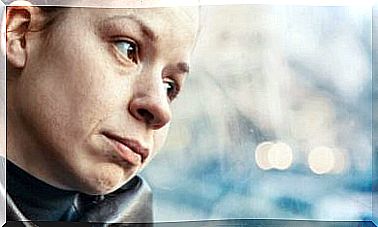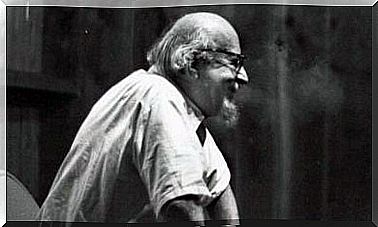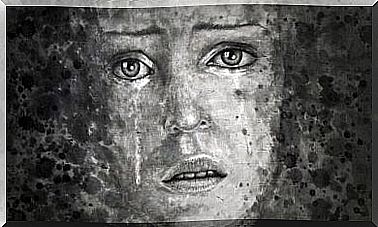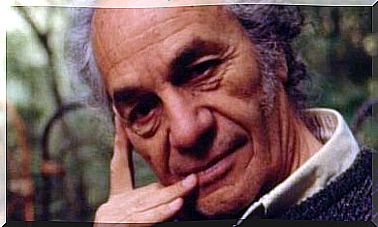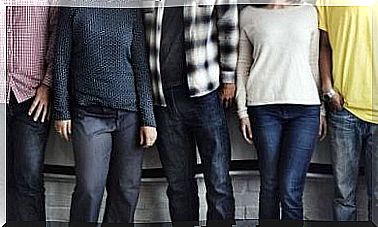Can Our Mind Learn To Let Go Of Physical Pain?
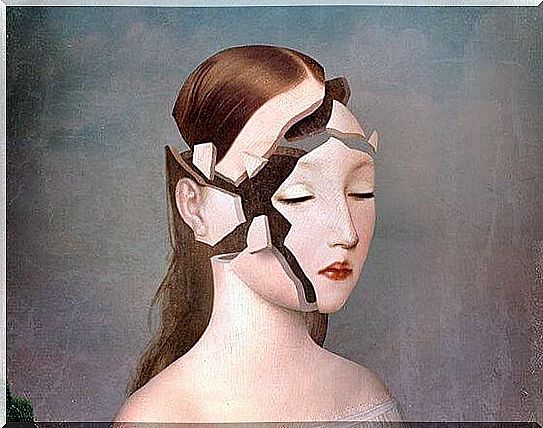
Pain is a subjective and individual matter, a proprioceptive stimulus that lets us know that something (acutely) requires care and attention on a physical level. As such, this unpleasant sensation can largely control our well-being and daily life. The mind is (mainly) responsible for identifying and processing physical suffering – so it is very important to understand how our brain receives, registers and analyzes stimuli – both from the outside and from within.
A number of specific neuronal networks and lobes regulate our pain perception. A whole bunch of physical defects are also deeply rooted in and intertwined with our oh-so-complex cerebral hemispheres, and can worsen, or worsen, purely through our emotional and psychological attitude. Conversely, mental and affective activities can also have an extremely beneficial effect, for example through breathing and relaxation exercises, musical therapy or biofeedback mechanisms.
Characteristics of emotional pain
Studies have shown that people with greater acceptance of their pain, in a subjective sense – that is, in terms of experience – suffer less, and suffer less from anxiety and depression symptoms. The main findings of this study therefore show that the degree of acceptance does not depend (proportionally) on the intensity of the pain. That is, people with less pain – on average – do not necessarily have more acceptance.
Acceptance – at its core – is about being confronted with unpleasant or painful experiences not having a chronically negative impact on your behavior.
Suffering is an integral part of our lives. As such, and in certain existential contexts (transience, freedom, loneliness, etc.), we have to accept those vulnerable dimensions of our existence – as human beings. Which, by the way, is not the same as succumbing to obsessive pessimism or catastrophism, because in doing so we consolidate – unnecessarily – our sorrow, and believe that we are doomed to inescapable misfortune and misfortune.
Pain and the Mind
According to Patricia Churchland, a neuroscientist at the University of California, our mind stems from the functioning of our brains (properly) and therefore has a significant impact on our overall health. There is an intimate and intensive interaction between our mind – in the form of many ideas, memories, images, etc. – and our physical condition – or well-being. The same goes for our emotions. You can almost speak of a kind of ‘trinity’, with continuous mutual feedback and coordination.
dr. Sarno, a professor of rehabilitative medicine at New York University’s medical school, has already confirmed that our brain can de facto produce pain that has no physiological cause. With the strategic-evolutionary ‘goal’ to internalize our attention, and to give space – or even actively create it – to become aware of suppressed emotional tensions that have been ignored for too long. As soon as we penetratingly realize, re-recognize and acknowledge that, the physical discomforts will dissolve and spontaneously ebb away.

A report from Stanford University further suggests that so-called non-invasive ‘brain training’ can reduce pain without the use of medication. While not necessarily effective for everyone, this technique may lead to alternative treatment approaches. During this process, the patient looks live, via MRI feedback imaged on a computer screen, at the anatomical brain structures associated with the actual pain sensations.
For example, the researchers involved came to the conclusion that – under certain special circumstances – it is possible to intentionally ‘control’ or regulate our brain activity. In other words: it is feasible to significantly influence our pain experience without having to take a pill. These kinds of interactive , psychosomatically oriented approaches and capabilities open up a whole new spectrum of potential medical interventions, even if there are no guarantees that it will be 100 percent successful.
The combination of acceptance – or at least wanting to cultivate it – and the right mental development and training, can drastically reduce the crippling effect of pain in and on our lives. We may not be able to completely make the pain disappear, but with the help of our minds we no longer let it get us down or dominate our lives.
Healing the soul to heal the body
Many people suffer from ailments or pains for which they seek medical attention. They have a problematic migraine that makes them unable to even think normally… Read More
